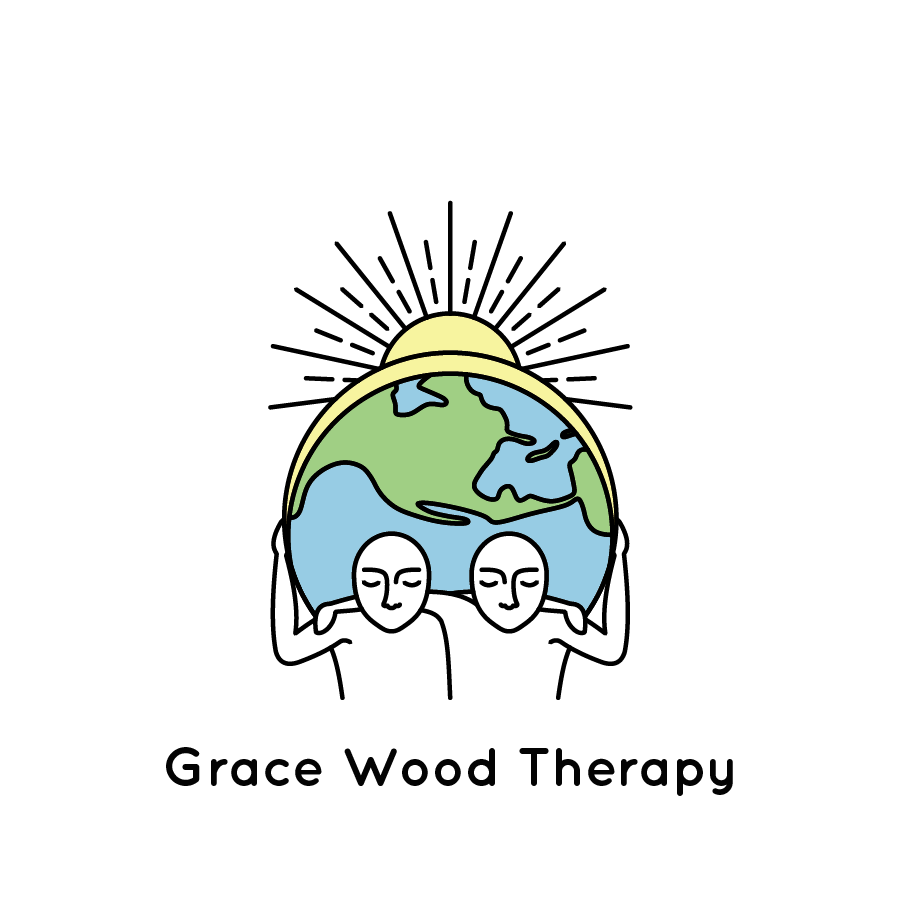Polyamory, non-monagomy, swinging, and open relationships are all becoming more main-stream in the year 2025. Relationship styles that were once considered taboo are out in the open, getting more and more conventional every day.
I’ve worked with many consensually non-monogamous people in therapy, and my curiosity lead me to deep-dive into alternatives from monogamy. I don’t consider myself an expert on the topic, but I’ve realized the importance of having some working knowledge of these relationship structures, just like I need to have knowledge of any relationship norms. Now that I’m well-versed on non-monogamy, I see the impact this knowledge can have on clients, and the importance for any non-monogamous person to have a therapist who understands their relationship structure.
Here are some key reasons you’re going to want to find a therapist who understands non-monogamy.
Stigma:
Though ethical forms of non-monogamy are gaining popularity, there is still so much stigma around it. Some therapists might try to label it as a “sex addiction”, some might say that the desire for non-monogamy is rooted in attachment avoidance or a fear of intimacy. Though either of these might be true for some people, it’s certainly not true for everyone who practices ethical non-monogamy.
Practicing ENM doesn’t mean there’s something inherently wrong with you. It doesn’t mean you have trauma, attachment issues, or an addiction. In my experience, people who practice ENM are often more emotionally attuned to themselves, better equipped at setting boundaries, and have processed more of their past than the average Joe. You deserve to be seen for who you are without personal bias or judgments.
Lingo:
Being ENM comes with lots of terminology, as you might have already noticed in this blog post. Ethically non-monogamous, Consensually non-monogamous, polyamorous, open, kitchen table poly, metamours, etc. There’s a lot!
It’s not your job, as a client, to explain all of this to a therapist. If you have the time and patience, there’s nothing wrong with that—but there is something nice about seeing a clinician who already “gets it” and doesn’t need you to walk through all the minutiae.
Finding the “problem”:
One of the biggest risks I’ve seen in ENM folks working with clinicians who don’t fully understand it is that they have a tendency to put the blame of any issue on the relationship structure. If you’re unhappy, they might jump to the conclusion that being non-monogamous is the root of the issue.
All relationships have struggles and difficulties, ENM is no different. If it doesn’t work for you, that’s okay, and that’s something to explore. But it’s not fair for a therapist to jump to the conclusion that ENM isn’t right for you just because it is causing some struggle, just like a therapist wouldn’t decide that monogamy isn’t right for someone just because they have relational distress. Relationships are tough no matter the structure!
I hope this blog post empowers you to find a therapist who has more than a superficial understanding of non-monogamy. If you’re in Colorado or Texas, that therapist might be me! Feel free to contact me for more information.

